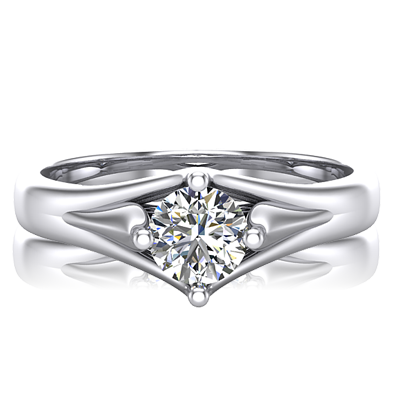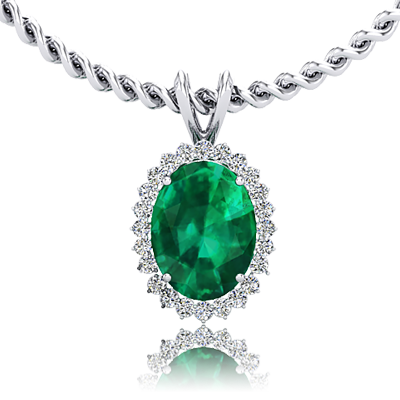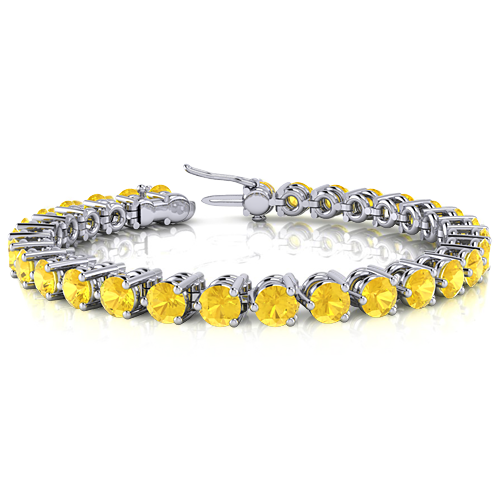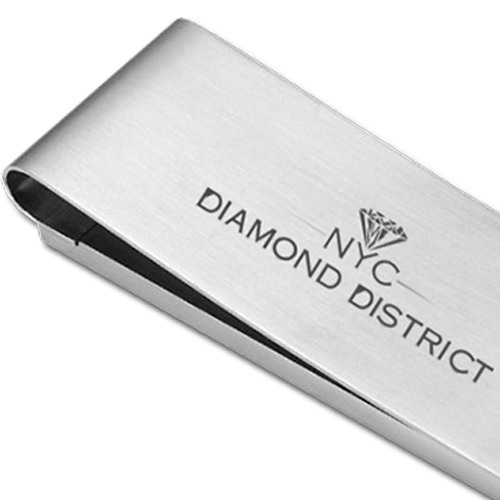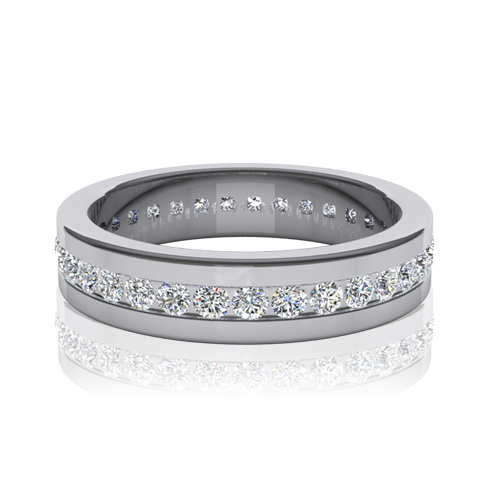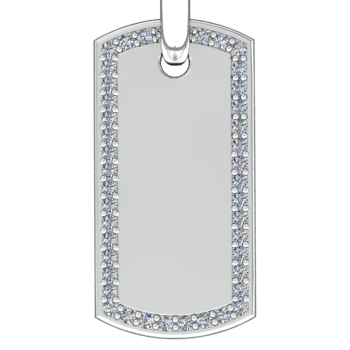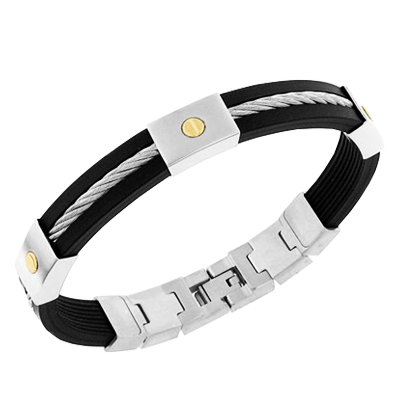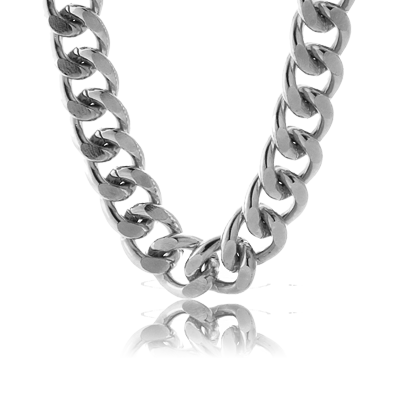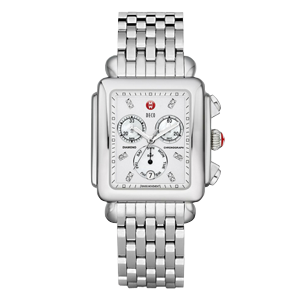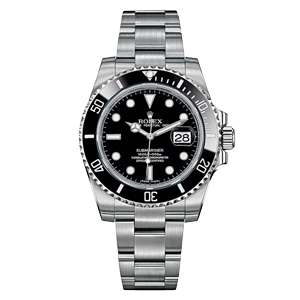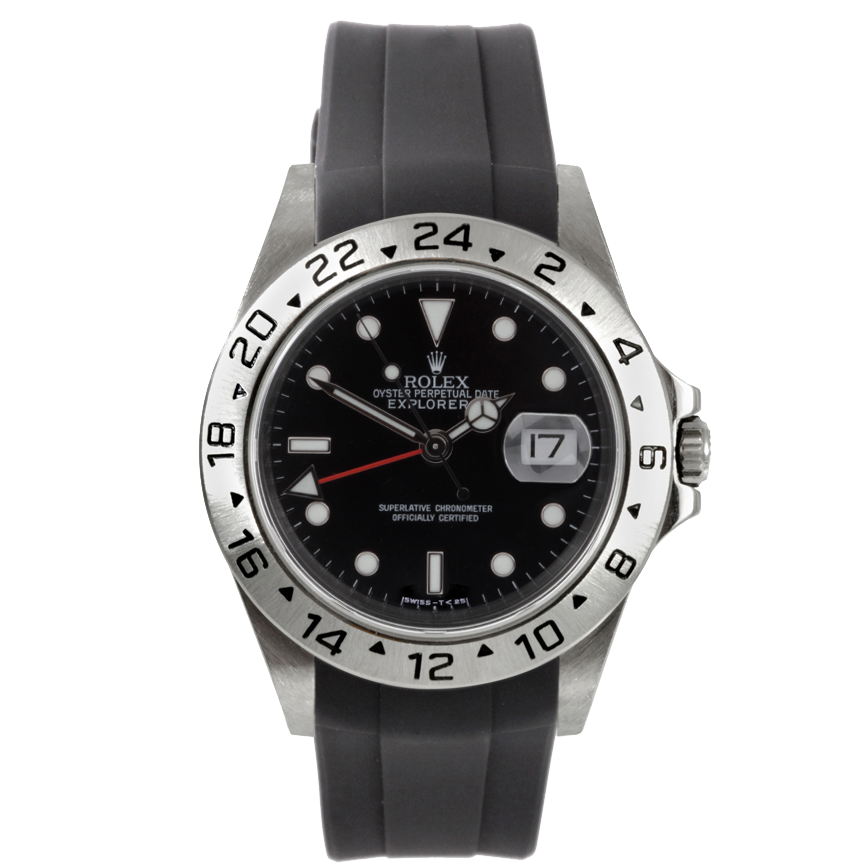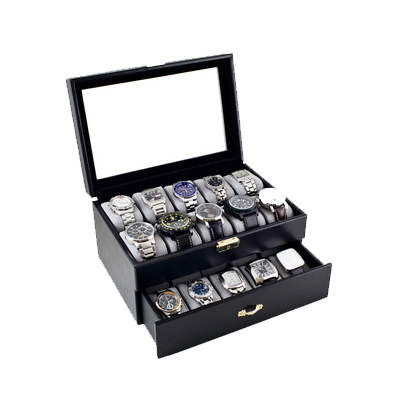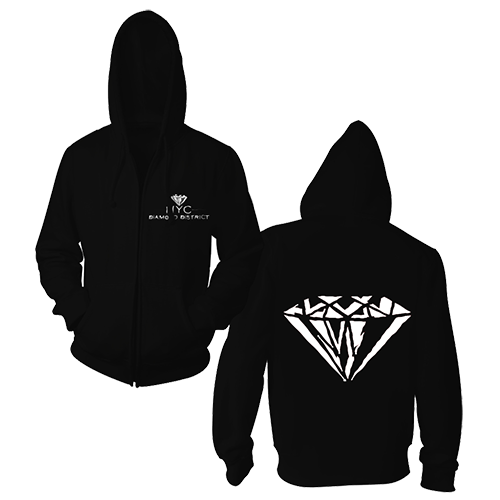You have no items in your shopping cart.
The NYC Diamond District Conflict-Free Diamond Policy
NYC Diamond District, along with the global diamond industry, has a zero-tolerance policy toward conflict diamonds. Through measures such as the Kimberley Process, which tracks diamonds from mine to market, the industry in partnership with the United Nations, governments, and non-governmental organizations, polices diamond exports to prevent the trade of illegal diamonds.
At NYC Diamond District, we only purchase diamonds through the largest and most respected suppliers who, like us, proudly adhere to and enforce the standards established by the Kimberley Process. All NYC Diamond District diamonds are warranted to be conflict free. If one of our suppliers was ever found to be in violation of that process, we would immediately sever that relationship. We will continue to support and promote any process that works to uphold legitimacy in the diamond trade.
Our mission is to cultivate a more ethical, transparent, and sustainable jewelry industry.
We hold true to our values of awareness and transparency by carefully tracking our
diamonds' origins. We go beyond the usual standard to guarantee that our diamonds
originate from ethical and environmentally responsible sources.
Diamonds are mined throughout the world, including major mines in Australia, Africa, Russia and Canada. Diamonds are a major source of good in many African nations, employing and providing healthcare to thousands. For more information on this issue, please visit DiamondFacts.org.
About the Kimberley Process
NYC Diamond District supports the Kimberley process, which is an International process to track and certify diamonds. In April 2003, congress and President Bush passed a law adopting the Kimberley Process that requires all US diamond retailers to buy diamonds from manufacturers who have documentation warranting that the merchandise was obtained through legitimate channels. Today, the US Customs Service actively enforces the Kimberley Process requirements as diamonds enter American ports.
Concerning Zimbabwe Diamonds
Blue Nile is committed to ensuring that the highest ethical standards are observed when sourcing our diamonds and jewelry. Because of the reported human rights abuses in Zimbabwe's Marange diamond district, Blue Nile will not purchase or offer diamonds from that area. As a responsible member of the diamond and jewelry industry, we are working with our suppliers to ensure our consumers receive only the finest goods procured from ethical sources.
The NYC Diamond District Position on Responsible Mining
Across our business, Blue Nile observes the highest ethical standards. We insist our business partners do the same.
This extends to our gold sourcing. The issue of responsible mining is an important one and deserves our attention.
As a signatory of The Golden Rules, and as a first step, we will:
- Work to ensure that our gold and metals come from suppliers that meet the highest human rights, social, and environmental criteria.
- Engage suppliers to influence the sourcing of gold products.
- Research mining, refinement, and manufacturing practices of gold that moves through the supply chain.
- Give preference to suppliers that source gold from mines that observe high standards of environmental stewardship.
- In concert with our suppliers, commit to increased gold sourcing from recycled and secondary sources.
- Measure and establish benchmarks with a goal of continuous improvement. NYC Diamond District views its policy on responsible mining as an evolving standard. It commits to continuously review our position with the goal of expanding it over time to have the broadest possible impact.
NYC Diamond District views its policy on responsible mining as an evolving standard. It commits to continuously review our position with the goal of expanding it over time to have the broadest possible impact.

PROTECTING HUMAN RIGHTS
We guarantee that our diamonds are untouched by all human rights abuses, including child labor, forced labor, murder, torture, and rape. We believe it is important to break the link between diamonds and all forms of exploitation and suffering.

IMPROVING LIVELIHOODS
All of our diamonds are mined in accordance with fair trade principles, providing local jobs, and safe and progressive working conditions. Diamond miners receive fair wages, education, and skilled job training.

EMPOWERING COMMUNITIES
Ethical origin diamonds promote long term economic development that helps local communities. Diamond revenue enables investments in infrastructure, education, and health care.

PROTECTING THE ENVIRONMENT
Environmental devastation should not be the inevitable result of diamond mining. All of our diamonds are mined under strict international environmental standards to protect local ecosystems.

TRACEABILITY
We carefully track all of our diamonds from their country of origin to ensure they are ethically mined, cut, and polished. Our tracking ability ensures that our diamonds enter an uninterrupted chain of custody and that our supply chain is not corrupted by unethical practices.
Four easy steps to ensure your conflict free diamond process:
1. Discover the background of your diamond purchase.
- Diamonds are mined in a rough format and then transported to government diamond offices. Upon arrival, their source is checked to ensure that they are compliance with the Kimberley Process (KP) regulations which ban the trade in conflict diamonds which are defined as rough diamonds used by rebel movements or their allies to finance conflict aimed at undermining legitimate governments.
- Be aware that the KP does not ban diamonds that fund war crimes and crimes against humanity by government forces. These blood diamonds evade the regulations and are allowed to contaminate the global diamond market.
- KP compliant rough diamonds are sealed and placed in a tamper resistant container and issued a Kimberley Process Certificate, which has its own unique serial number.
- Diamonds are exported out of, and then subsequently imported into, Kimberley Process countries and set into motion to be trade.
- The diamonds are then cut, polished, set into jewelry and sold to consumers
- Once rough diamonds exit the mining sector they are no longer subject to human rights regulation. Revenue generated after sourcing can be used to fund human rights violations without the diamonds being classified as conflict diamonds. Be aware that cut and polished diamonds which generate revenue used to fund human rights violations are often labelled conflict-free.
2. Know the limitations of the Kimberley Process. In the 1990s, blood diamonds gained international attention through the world media during the brutal conflicts in Sierra Leone. Other areas that are or have been touched by diamond-funded conflict include Palestine, Cote dIvoire, Angola, Liberia and the Democratic Republic of the Congo (DRC). Organizations such as the UN, governments, Amnesty International, Global Witness and others saw the need for a global system to ensure blood diamonds did not enter the legitimate diamond supply chain. The system that they agreed upon - the Kimberley Process fell short of that goal as its remit was restricted to conflict diamonds. The Kimberley Process involves:
- Shipments of rough diamonds being exported and imported in secure containers. Unsealed containers or those that have been tampered with are either turned back or impounded by customs.
- Shipments being accompanied by uniquely numbered, government-validated Kimberley Process certificates. These certificates are used to authenticate that the diamonds are KP compliant and must accompany the diamond each time it changes hands. This is called the System of Warranties. The certificates must be forgery resistant and describe the content of the shipment.
3. Be aware of the limitations of the System of Warranties. This system of warranties has no legal standing. It was established by the World Diamond Council to create the illusion that the KP regulations extend to cut and polished diamond. It allows sellers of diamonds to self-certify the diamonds they sell as conflict-free based on the fact that the rough diamonds they were crafted from were KP compliant. The system facilitates the trade in cut & polished diamonds that generate revenue used to fund war crimes and crimes against humanity.
4. Know what you should ask your jeweler to ensure you purchase a conflict-free diamond. . If you are concerned with whether or not your diamond has funded human rights violation at any stage along the production pipeline, consider asking your jeweler the following questions:
- Do you know where the diamond was mined, cut and polished?
- Can you prove that the diamond was not sourced in an area where rebel groups of government forces use revenue from diamonds to fund breaches of international human rights law or international humanitarian law?
- Can you prove that the diamond was not cut and polished in Israel where revenue from the diamond industry is a major source of funding for the regime in Israel which stands accused of the crime of apartheid, war crimes and crimes against humanity?


